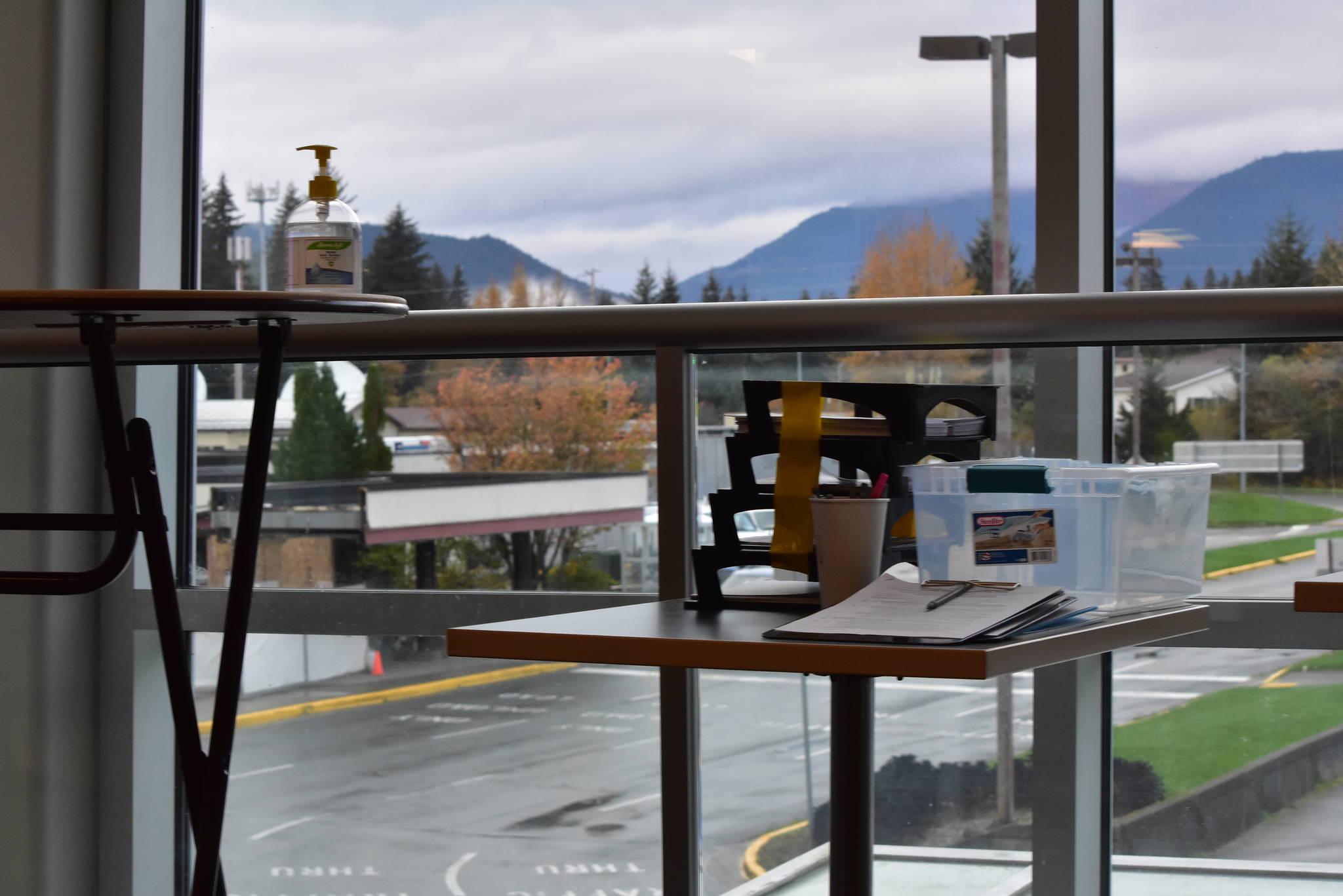Starting Tuesday, travelers arriving to the Juneau International Airport will need to complete a new registration process in order to get tested for COVID-19, the City and Borough of Juneau announced.
Travelers arriving from out of state without proof of a negative COVID-19 test taken within 72 hours of arriving will need to complete two registrations, the city said in a news release. The first is the traveler portal established by the s/.tate of Alaska earlier this year to track individual arriving in the state, the second is a new registration portal operated in part by the private lab Juneau’s tests will now be sent to, according to the release.
“The change in the registration process is due to the State of Alaska changing where Juneau tests will be processed. Instead of sending them to the State of Alaska Public Health Laboratory in Fairbanks, tests from Juneau will now be processed at Fulgent Genetics, a commercial lab located in Southern California,” the release said. “The state is making the switch to reduce the load at the Fairbanks lab, reduce costs, and improve wait time for test results. Currently, results usually take 4-5 days. With Fulgent, results are expected back within 2-4 days.”
[State changes interstate and international travel guidelines]
The Juneau Airport will continue to offer a non-invasive, nasal swab PCR test. Travelers getting a follow-up test 5-14 days after arrival can return to the Juneau Airport 10 a.m. – 11:30 a.m. or 1:30 p.m. – 4 p.m. daily, the release said. Testing is free for Alaska residents, $250 for nonresidents.
Under the revised state travel mandate which went into effect October 16, those arriving from out of state without negative test results must self-quarantine until test results are returned, the release said. All travelers with negative results from the arrival test must follow strict social distancing for five days after arrival into Alaska or until they leave Alaska, whichever occurs first. A second test taken between five and 14 days after arrival is recommended, but not required.
According to CBJ, strict social distancing means a person may be in an outdoor public place, but must remain six feet away from anyone not in their household and they must wear a face covering, according to the release. They may arrange curbside shopping or have food delivery but you cannot enter restaurants, bars, gyms, community centers, sporting facilities (i.e., ice rinks, gymnasiums, sports domes), office buildings, schools or daycare facilities. You cannot participate in any group activities, including sporting events and practices, weddings, funerals, or other gatherings, the release said.
More information about safely traveling in Alaska is at covid19.alaska.gov/travelers and for Juneau at juneau.org/covid-19.

